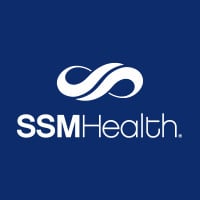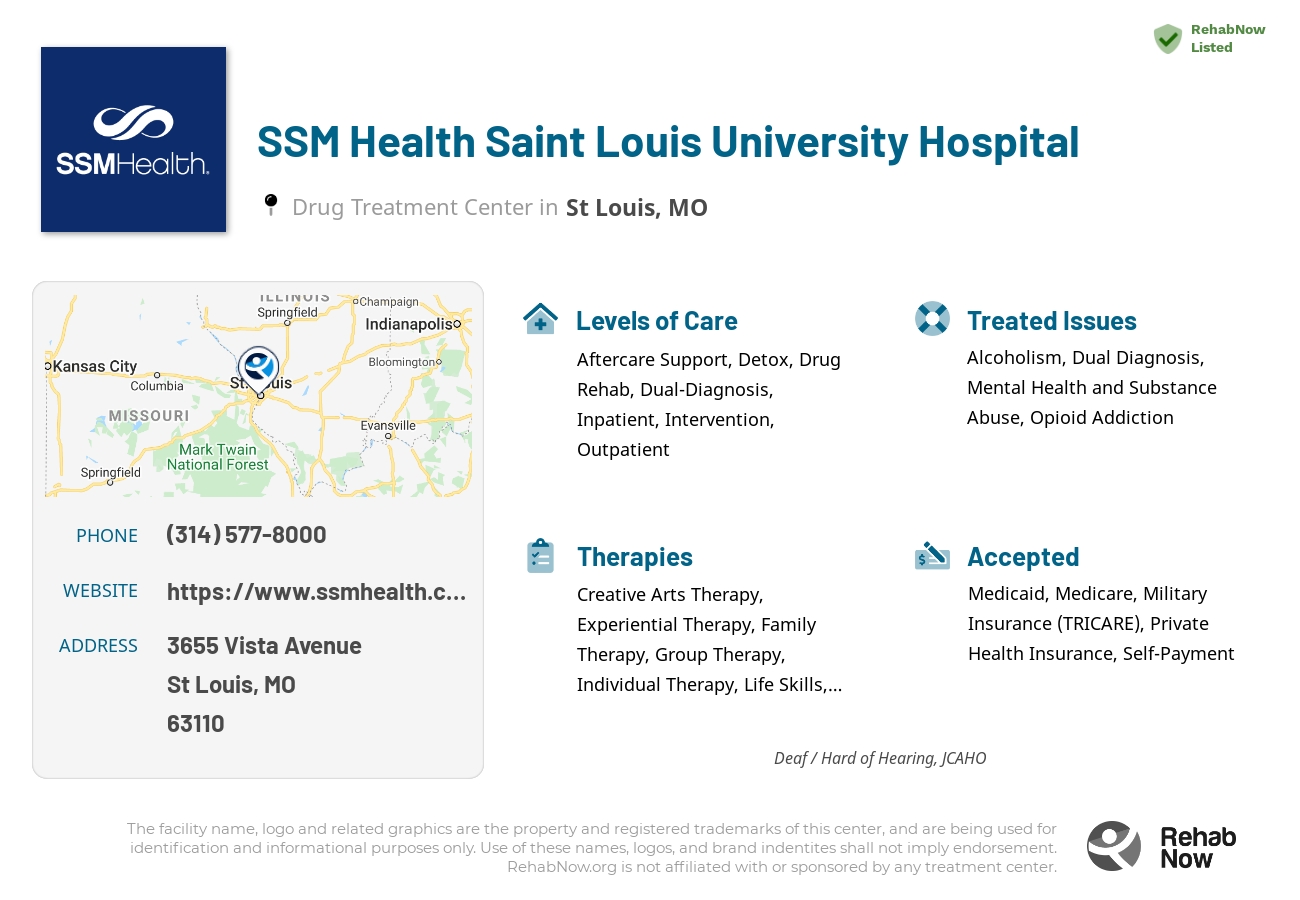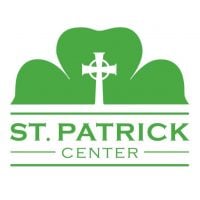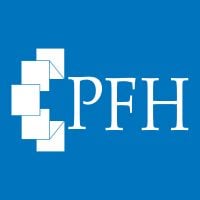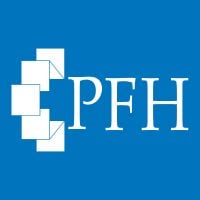SSM Health Saint Louis University Hospital
Drug Rehab Center in St Louis, Missouri
SSM Health Saint Louis University Hospital is a JCAHO-accredited rehabilitation and addiction treatment center, offering services including detox, inpatient and outpatient care, dual diagnosis treatment, and aftercare, plus private insurance coverage.
About SSM Health Saint Louis University Hospital in Missouri
SSM Health Saint Louis University Hospital in St. Louis, MO, stands out as a pioneer in tackling behavioral health and substance abuse challenges. Recognized as a leading academic dual diagnosis medical center, it boasts a proven track record in delivering top-notch, medically monitored programs for addiction recovery. Its unique blend of advanced treatments and specialized services positions it as a go-to hub for those seeking a path to sobriety.
- Evidence-based Approach: Utilizes medication-assisted treatment combining FDA-approved medications with counseling and behavioral therapies to manage withdrawal symptoms effectively.
- Comprehensive Outpatient Counseling: Offers individual therapy, group counseling, and family therapy to tackle underlying issues and support long-term recovery.
- Structured Aftercare and Relapse Prevention: Provides ongoing guidance and support, including individual counseling and access to community resources, to help maintain sobriety and prevent relapse.
Accredited by the Joint Commission on Accreditation of Healthcare Organizations (JCAHO), Saint Louis University Hospital adheres to rigorous standards of care. It's distinguished by its affiliation with the SSM Health network, ensuring patients benefit from a broad range of evidence-based treatments and a supportive recovery environment tailored to individual needs.
The hospital addresses a spectrum of addictions and mental health issues through a variety of treatment modalities including detoxification, creative arts therapy, experiential therapy, cognitive behavioral therapy, and more. With programs spanning inpatient and outpatient care, it caters to diverse requirements, ensuring a holistic approach to recovery.
Genders
Ages
Modality
Additional
Accreditations

JCAHO
Conditions and Issues Treated
Opioid addiction is when someone becomes addicted to opioids. This can happen quickly due to any opioid use. Opioid withdrawal can be uncomfortable and lead the user to continue using even if they want to quit. It’s best to receive inpatient treatment for detoxification.
Even if a person doesn’t need inpatient treatment, it’s recommended to start rehabilitation or at least some kind of outpatient treatment. This is because the withdrawal symptoms from opioids can be uncomfortable and unpleasant, to the point that a person could end up using again or worse.
Detoxification should be done to break the physical addiction of opioids. This can be done with opioid replacement therapy, medication-assisted therapy, or a more traditional detoxification program. Intensive outpatient treatment is a form of addiction care that allows patients to continue living at home while undergoing treatment. This type of care is appropriate for patients who have been treated in residential treatment programs. Intensive outpatient programs include regular visits to the facility providing therapy, and patients gradually return to their routine life. IOP benefits most when patients have a supportive family member or friend to help them recover.
The first step to getting into an intensive outpatient program is to attend a detoxification facility. Detoxification facilities are designed to remove substances from the body safely. The patient will attend sessions designed to help them understand their addiction and its impact on their lives. While in an intensive outpatient program, therapy sessions are scheduled three to five times per week, with the patient attending no more than two sessions in one day.
Dual Diagnosis therapy is considered more successful than traditional rehab methods because it treats the addiction and the underlying mental health disorder simultaneously. This comprehensive approach gives St Louis, MO patients the best chance for long-term recovery. If the patient does not receive treatment for both conditions, they are more likely to relapse.
Levels of Care Offered
This center offers a variety of custom treatment tailored to individual recovery. Currently available are Aftercare Support, Detox, Drug Rehab, Dual-Diagnosis, Inpatient, Intervention, Outpatient, with additional therapies available as listed below.
Detox is the process by which toxins are removed from the body. In substance abuse, detox refers to the process of getting rid of the drugs that are already there in the system once the patient stops its further intake. Detox is the initial step in the recovery process. The physiological dependence on the drug over a period can lead to withdrawal symptoms.
Depending on the severity of the symptoms, the detox process is managed either medically or clinically. While Medically assisted detox relies on the usage of specific medicines, clinal or social detox relies on providing emotional and psychological support to the patient.
Inpatient facilities offer a complete rehab program where the patient stays for an extended period. This allows the staff to monitor the patient on a round-the-clock basis and provide medical assistance if needed.
A significant benefit of inpatient rehab is that it allows for a safe environment for treatment. The patient doesn’t have access to drugs or alcohol, and they’re surrounded by people that want them to succeed and change their lives. Treatment starts with detox and behavioral therapy, followed by group therapy and family involvement.
Outpatient treatment consists of counseling and therapy sessions. The outpatient treatment process begins with the addict’s initial detox period, lasting about ten days. Outpatient treatment is used for those who are at moderate risk for “slipping back” into the addiction. It is also used for those who are not currently experiencing any side effects from withdrawal, can handle social pressure, have a stable living environment, and have a good support system.
Not everyone dealing with addiction is prepared to engage in a recovery program. SSM Health Saint Louis University Hospital‘s Intervention Programs can be beneficial for these individuals. The individual’s friends and family will call and set up an intervention in or near St Louis, MO, and at which a specialist will come and lead the discussion.
Aftercare support is often overlooked in the treatment of drug and alcohol addiction. However, it’s an essential part and should be considered when planning a course of rehab.
Aftercare is a term that’s used to refer to any sort of continuing care offered for a drug addict who has voluntarily entered a rehabilitation program. This type of care can be provided in several settings, including outpatient therapy sessions after the addict has completed an inpatient program. There are also 12-step support groups, such as Alcoholics Anonymous, which can provide additional help for addicts trying to stay sober.
Aftercare is vital because addicts often face many challenges as they attempt to recover from drug addiction or alcoholism. Because of the powerful nature of these addictions, those who struggle with a drug or alcohol problem will likely have to face the craving for their substance of choice for the rest of their lives. Recovering can be a lonely and frustrating endeavor, especially without the support of others who are going through similar situations.
Therapies & Programs
Individual Therapy is a crucial component of addiction recovery. Therapists work with patients to identify the root of their addiction and figure out how to better handle the issues that led to them using drugs. Individual Therapy is one on one sessions where people meet with their therapist. Individual therapy provides a safe space for people to open up and discuss personal and sensitive topics which they may not feel comfortable discussing in a group setting.
In this type of therapy, therapists can develop specific solutions for each patient, which helps speed up their recovery process. In addiction recovery, therapy is a crucial part. It allows patients to go deep into their core issues and discover how those problems can be better handled now. Therapy can be performed in individual sessions as well as group settings. In individual therapy for addiction, the patient meets with the therapist one-on-one to focus on the underlying issues of addiction and come up with solutions to prevent future abuse.
Family therapy is a crucial part of drug treatment and getting sober. It is one of the most effective ways to help addicts stay on the path to long-term sobriety. One of the most important parts of family therapy is the relapse prevention plan. During treatment, therapists and doctors will often sit down with the addict and their family to develop a plan if the addict ever feels like they want to use again. This plan should involve steps the addict and family can take together to prevent them from relapsing in the future.
An addict’s family can play a vital part in helping them to avoid relapse because they can spot the warning signs and help them get back on track before it becomes too much of a problem. Family therapy is one of the most effective ways to help addicts stay on the path to long-term sobriety.
Group Therapy is employed by drug treatment centers like SSM Health Saint Louis University Hospital to provide the recovering addict with a platform to talk about their feelings and experiences. It also provides for an opportunity to learn from other addicts who have successfully overcome their addiction. It is recommended that all group members be recovering addicts for this type of therapy to work.
Cognitive Behavioral Therapy (CBT) is an approach and method in psychotherapy. SSM Health Saint Louis University Hospital asks people to investigate how their thoughts, including habitual, harmful, and inaccurate ways of thinking, affect behaviors. CBT is based on the idea that rigid, inflexible ways of thinking cause people to have a limited ability to cope with stress, which leads to emotional distress.
Likewise, CBT helps people identify maladaptive behaviors and replace them with more positive behaviors. It makes you look at the way you perceive something and ask: Is this a realistic belief? CBT asks people to look at the role of behaviors and emotional responses and how they may be distressing in one’s life. The goal of CBT is to change the way people think and behave to achieve a more balanced, healthier lifestyle.
Moreover, CBT has been shown to reduce some types of anxiety disorders, depression, and symptoms related to thoughts or actions that are considered harmful.
Life Skills Services provide services aimed at helping people enter into and maintain long-term sobriety. The services are offered at varying levels of intensity, specific to the needs and requirements of each patient. Some benefits of these services are restoring hope and empowerment, enhancing family involvement, increasing patient compliance, and reducing relapse rates.
Training someone on improved life skills allows someone recovering from an addiction to feel more capable of taking care of him or herself. The skills taught in SSM Health Saint Louis University Hospital are daily skills that give a better recovery foundation by simply giving the person tools they need to survive.
Good nutrition can be difficult for people recovering from addiction because they may not feel like eating while they are experiencing the physical and emotional side effects of detoxing.
Nutrition therapy can help addicts in Missouri in the following ways:
- Helps individuals to understand which foods promote good health and support recovery that will assist them during detox
- Provides guidance and education about how to maintain a nutritious diet so they can stay healthy during recovery
- Improves their overall health and well-being, which can reduce the severity of substance withdrawal symptoms.
Nicotine replacement therapy treats nicotine addiction using external sources of nicotine, such as patches or gum to substitute for nicotine. This allows people trying to quit smoking to get their desired dose of nicotine without actually having to smoke cigarettes. There are several different types of NRT devices on the market now, and it is important to talk to your doctor about the best kind for you.
Patient Experience
Creative Arts
Creative arts therapy is a form of expressive therapy that can help individuals express themselves in a nonverbal way. Because addicts often feel trapped by their addictions and have a difficult time finding the words to express how they are feeling, creative arts therapy can be beneficial in treating addiction by offering alternative options for expression.
Art therapy can benefit people who are in addiction treatment services in the following ways:
- Encourages self-expression
- Creates a strong foundation for emotional healing
- Offers an outlet to express thoughts and feelings without speaking
- Can be incorporated into different types of therapy sessions to help addicts work through difficult issues, stress or anxiety.
Experiential Therapy at SSM Health Saint Louis University Hospital
Experiential therapy at SSM Health Saint Louis University Hospital includes helping people work through emotional disorders by participating in events in real-time. It moves away from conventional talk therapy to discuss their concerns and emotions by making patients play roles or use props. It allows people to handle trauma and feelings healthily, reducing the need to resort to alcohol and substances in St Louis, MO.
Payment Options Accepted
For specific insurance or payment methods please contact us.
Is your insurance accepted?
Ask an expert, call (888) 674-0062
SSM Health Associated Centers
Discover treatment facilities under the same provider.
- SSM Health St. Clare Hospital in Fenton, MO
- SSM Health DePaul Hospital in Bridgeton, MO
- SSM Health St. Joseph Hospital - Wentzville in Wentzville, MO
- SSM Health St. Mary's Hospital - Jefferson City in Jefferson City, MO
- SSM Health St. Mary's Hospital in Richmond, MO
Learn More About SSM Health Centers
Additional Details
Specifics, location, and helpful extra information.
St Louis, Missouri 63110 Phone Number(314) 577-8000 Meta DetailsUpdated April 15, 2024
Staff Verified
SSM Health Saint Louis University Hospital Patient Reviews
There are no reviews yet. Be the first one to write one.
St Louis, Missouri Addiction Information
Opioid-related overdoses in Missouri have been increasing steadily for the past three decades. In 2018, more than 1,130 people in Missouri died from opioid abuse. Methamphetamines and marijuana abuse have surpassed opioid abuse in Missouri. Missouri is the number 1 methamphetamine manufacturer in the country with more than 27 meth labs per 100,000 people.
Unfortunately, the drug addiction problem in St Louis, Missouri is quite bad. According to recent statistics, there are about 15,000 people in St Louis who are addicted to drugs. Additionally, there are about 2,000 people who die each year as a result of drug abuse. Most treatment programs in St Louis will offer a combination of therapies, such as cognitive-behavioral therapy, motivational interviewing, and family counseling.
Treatment in Nearby Cities
- Waynesville, MO (119.8 mi.)
- Aurora, MO (221.7 mi.)
- Sunrise Beach, MO (141.3 mi.)
- Nevada, MO (230.0 mi.)
- Sainte Genevieve, MO (45.8 mi.)
Centers near SSM Health Saint Louis University Hospital
The facility name, logo and brand are the property and registered trademarks of SSM Health Saint Louis University Hospital, and are being used for identification and informational purposes only. Use of these names, logos and brands shall not imply endorsement. RehabNow.org is not affiliated with or sponsored by SSM Health Saint Louis University Hospital.
